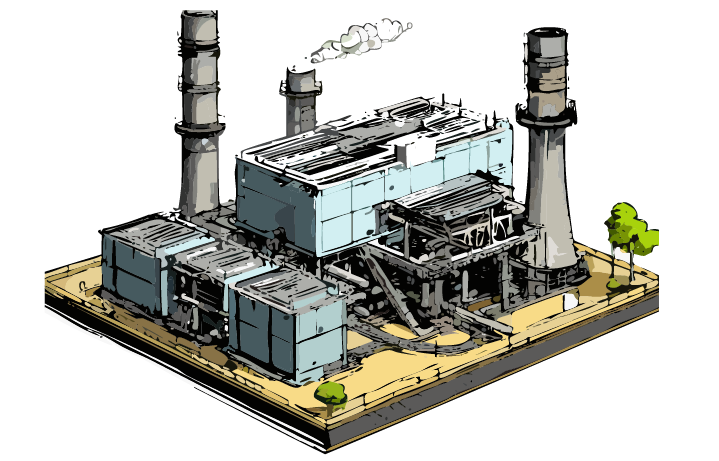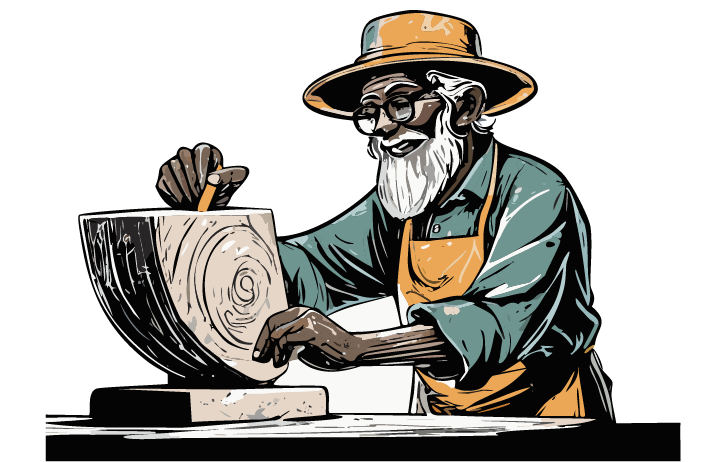Modelling of Manufacturing Processes via Machine Learning Algorithms
This dissertation explores the use of machine learning techniques in manufacturing to enhance efficiency and quality. It investigates the real potential of AI through addressing three challenges: surrogate modelling, AI driven by experimental data, and reinforcement learning. Six AI models developed within this study tackle these issues. DeepForge and CrystalMind, as surrogate models, offer rapid prediction capabilities, notably reducing the time for optimizing forging processes from years to minutes. MeltPoolGAN and AIBead, empirical AI models, leverage real-world data to refine predictions in complex manufacturing tasks, with MeltPoolGAN notably improving melt pool image classification. RLPlanner and RLTube demonstrate the application of reinforcement learning in path planning for Wire Arc Additive Manufacturing, optimizing process parameters efficiently.
Details
Type of Work: PhD Thesis
Main Author: Jan Petrik
Affiliation: ETH Zurich
Supervisor: Prof. Dr. Markus Bambach
Co-Examiner: Prof. Dr. Wolfram Volk
Date: 20th October 2023
Journal: Six Publications in Journals
Online: ResearchCollection
Gallery
-

Closed and open loop systems tailored for manufacturing processes, incorporating Artificial Intelligence (AI) models. These AI models are developed based on simulation or experimental data from the manufacturing systems. Furthermore, these AI models can be used within an optimization algorithm to improve manufacturing processes. -

Summary of six AI-based models deployed within the dissertation. Their more detailed description can be found in my Portfolio.
Related Projects
-

Advancing Sustainable Energy: Combining Carbon Capture and Air Storage Solutions
-

Learning Unsupervised Shape Recovery from Images
-

Generative AI for Optimization of Laser Powder Bed Fusion
-

Adaptive Path Planning for 3D Printed Tubes in Additive Manufacturing
-

Coming soon: AI-Powered Microstructure Optimization in Metal Forming
-

Optimizing Path Planning in WAAM with Reinforcement Learning
-

AI-Driven 3D Weld Bead Reconstruction in Wire-Arc Manufacturing
